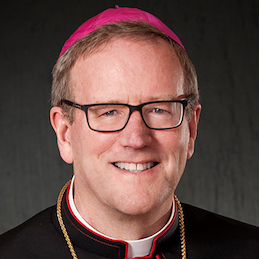A Quote by Saint Augustine
The flesh does not by its own virtue purify, but is purified by virtue of the Word by which it was assumed, when 'the Word became flesh and dwelt among us' (Jn. 1:14).
Related Quotes
"Both Christianity and Islam are logocentric," he told his students, "meaning they are focused on the Word. In Christian tradition, the Word became flesh in the book of John: 'And the Word was made flesh, and He dwelt among us. 'Therefore, it was acceptable to depict the Word as having a human form. In Islamic tradition, however, the Word did not become flesh, and therefore the Word needs to remain in the form of a word … in most cases, calligraphic renderings of the names of the holy figures of Islam."
If the Word truly became flesh, then God had not only a mother, but also a grandmother, cousins, great-aunts, and weird uncles. If the Word truly dwelt among us, then he was part of a family that, like most, was fairly dysfunctional, a mix of the good and bad, the saintly and the sinful, the glorious and the not so glorious. And this is such good news for us.
...if anyone looks with faith at the mystical table and the Bread of Life placed on it, he sees the Person of the Word of God, Who was made flesh for our sake and dwelt among us (John 1:14). If he shows himself a worthy receptacle, he will not only see but become a partaker of Him, receive Him to dwell within him, and be filled with His divine grace.
When the devil makes his offer (always open incidentally) of the kingdoms of the earth, it is the bordellos which glow so alluringly to most of us, not the banks and the counting-houses and the snow-swept corridors of power . . . Sex is the mysticism of a materialistic society - in the beginning was the Flesh, and the Flesh became Word; with its own mysteries - this is my birth pill; swallow it in remembrance of me! - and its own sacred texts and scriptures - the erotica which fall like black atomic rain on the just and unjust alike, drenching us, stupefying us. To be carnally minded is life!
When our Lord says, 'I have not spoken of Myself' (Jn. 12:49), and again, 'As the Father said to Me, so I speak' (Jn. 12:50), and 'The word which you hear is not mine, but the Father's Who sent Me' (Jn. 14:24), and in another place, 'As the Father commanded Me, even so I do' (Jn. 14:31), it is not because He lacks deliberate purpose or power of initiative, nor yet because He has to wait for the preconcerted key-note, that He employs language of this kind. His object is to make it plain that His own will is connected in indissoluble union with the Father.






































